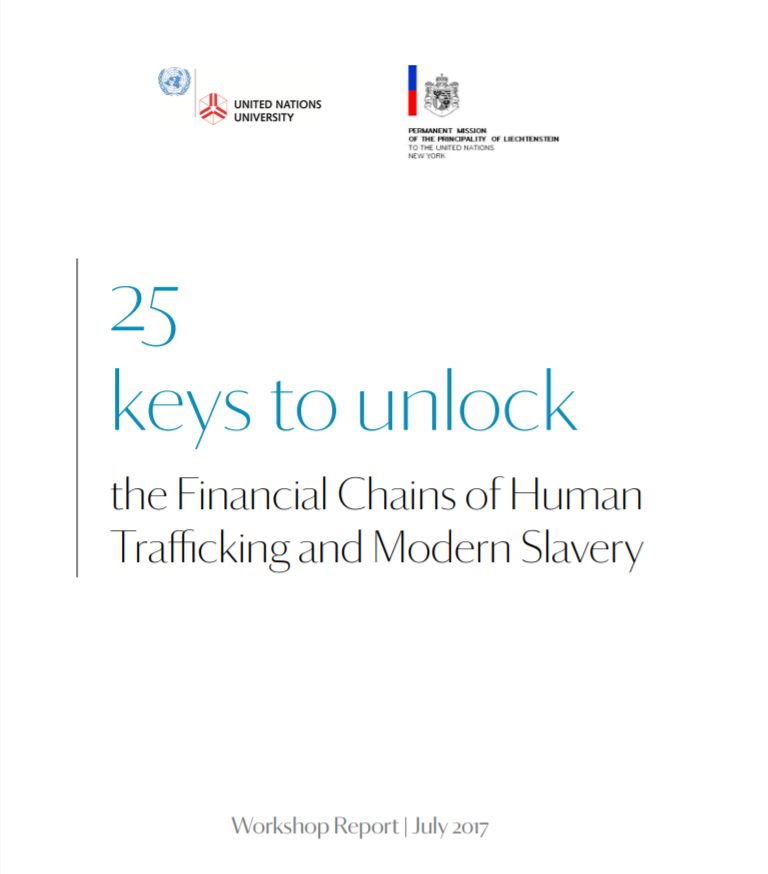At Risk: Exploitation and the UK Asylum System
News & AnalysisPublicationsThe British Red Cross and UNHCR report, At risk: exploitation and the UK asylum system, finds that people seeking asylum in the UK are at risk of exploitation and have been exploited in the UK. When people are forced to flee, they leave behind m...Read More

